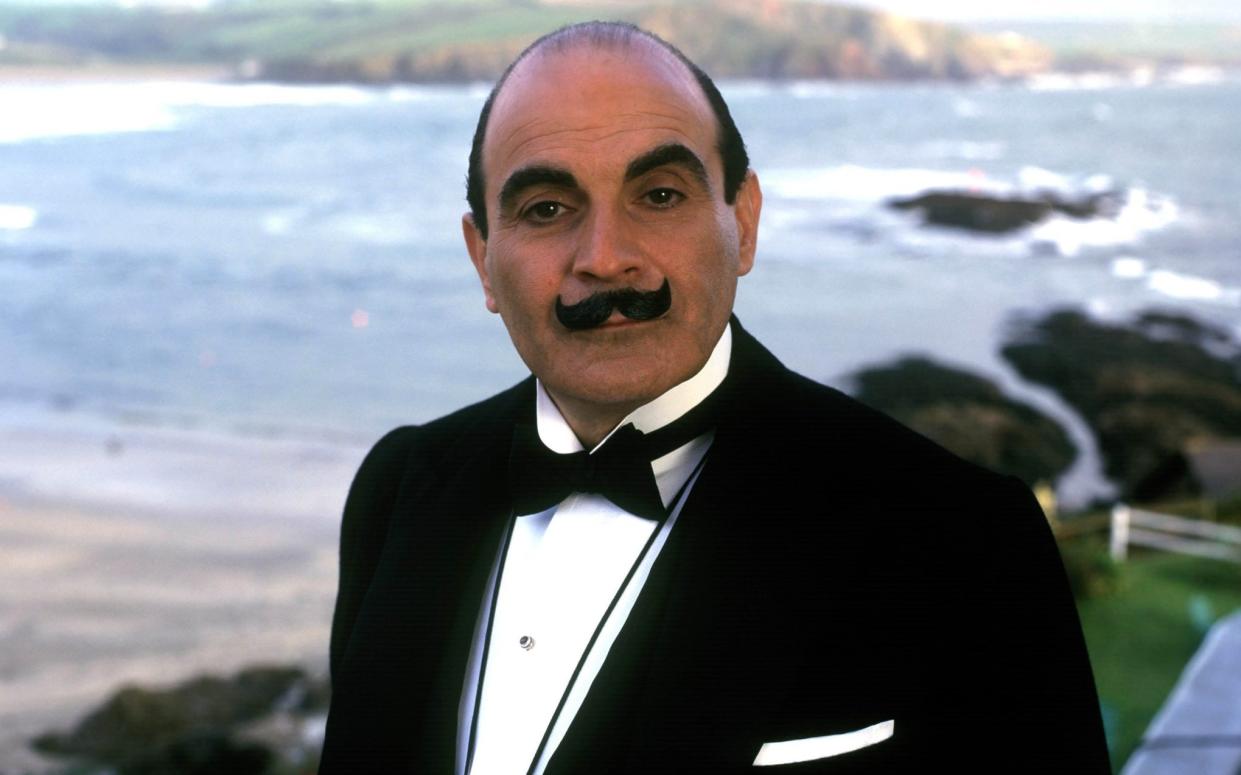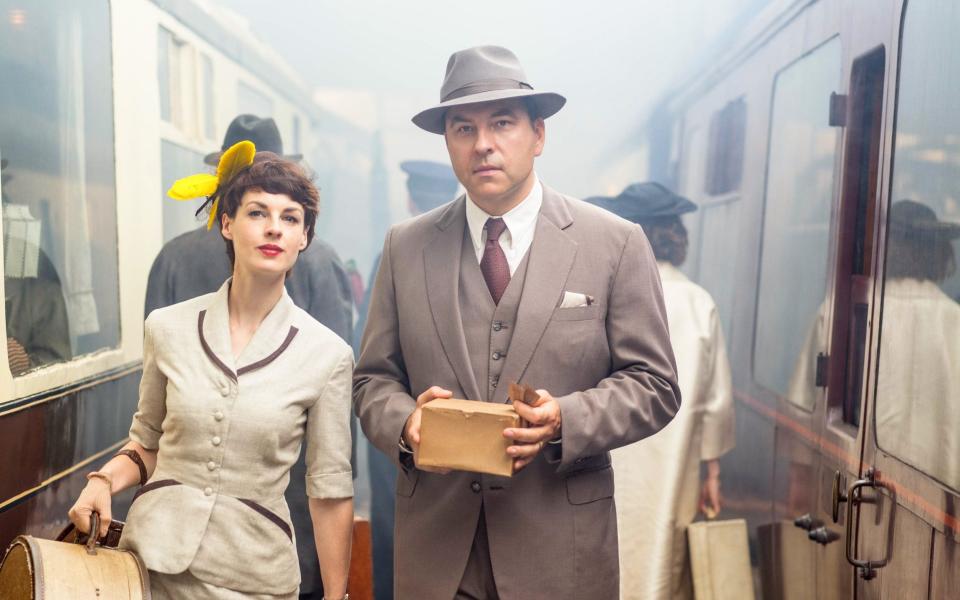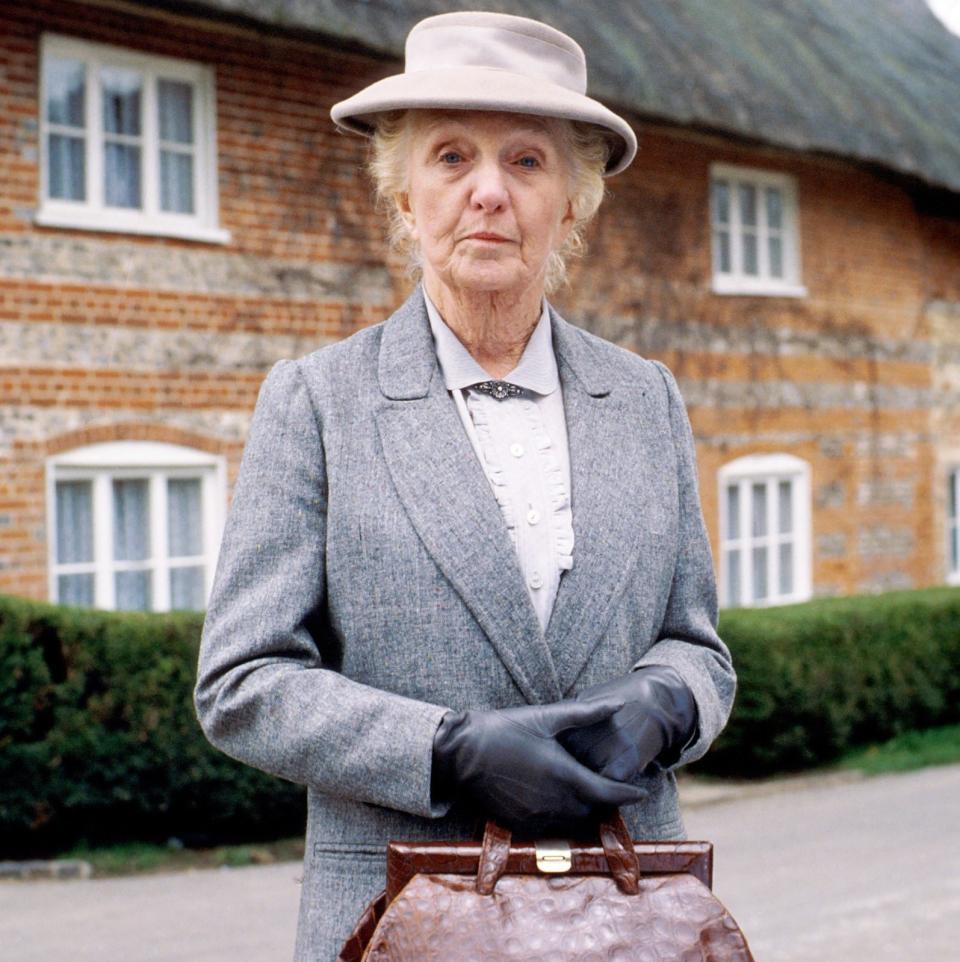What makes a great Agatha Christie adaptation

What could be more of an Easter treat than a new Agatha Christie? This week, Why Didn’t They Ask Evans?, an adaptation of Christie’s 1934 novel, launched on BritBox. Written and directed by Hugh Laurie, it’s a stylish, sparky romp that plays out as an Evelyn Waugh-style comedy of manners. Bright young leads Will Poulter and Lucy Boynton’s fizzing, flirtatious dialogue recalls a screwball romance.
This represents a marked departure from recent small-screen efforts. The trend in the past decade was towards darker, more hard-hitting, morally murky Christie. The five memorable BBC mini-series by award-winning screenwriter Sarah Phelps, which aired between 2015 and 2020 – And Then There Were None, The Witness for the Prosecution, Ordeal By Innocence, The ABC Murders and The Pale Horse – upset traditionalists (although the critics were generally more effusive) by turning down the lights but turning up the swearing and sex.
Phelps always argued that this black heart was beating in the books all along. The prolific author’s 66 detective novels and 14 short story collections are full of violent imagery, harsh judgment and subversive social commentary. Phelps believed Christie’s murder mysteries were “dressing” for bigger, murkier themes of greed, power, corruption and lies.
Of course, Christie suffered her fair share of problems. Her father died when she was 11. She worked in medicine during both world wars, picking up her extensive knowledge of poisons. In 1926, she disappeared for 11 days, due to what is widely believed to be a nervous breakdown.
This seemingly privileged socialite was drawn to the dark side. Fascinated by our capacity for evil, she wrote about serial killers, stabbing, strangling and brutal bludgeoning. She told tense tales of family dysfunction, child death and, as Phelps described it, “the quotidian savagery of marriage”.

So what is the best way of adapting Christie? It could be argued that the tendency towards tweeness with tea-sipping vicars and twinsets is merely skimming the surface, though Why Didn’t They Ask Evans? proves this lighter touch can be irresistible. Yet frothiness often flops; as was the case with Partners in Crime, the 2015 adaptation of the Tommy and Tuppence Beresford mysteries with David Walliams and Jessica Raine.
Christie herself didn’t have much time for television. A disastrous live transmission of And Then There Were None in 1949 included one “corpse” standing up and strolling off set in view of the cameras. After that, the author rarely granted rights.
She was slightly more tolerant of cinema. She didn’t mind Margaret Rutherford’s comedic portrayal of Miss Marple in the four 1960s films but otherwise deemed them “pretty poor”. She far preferred Sidney Lumet’s 1974 version of Murder on the Orient Express, starring Albert Finney. Christie’s attendance at its West End premiere was one of her last public appearances.
Funnily enough, when her estate relaxed the rules after her death in 1976, the first result was London Weekend Television’s version of Why Didn’t They Ask Evans? in 1980, starring Francesca Annis and John Gielgud. Warmly received, it set the template for nostalgic treatments which have dominated our screens ever since.

Certainly my two favourite series – Miss Marple (1984-1992) and Poirot (1989-2013) – feel a long way from the darkness of the Phelps adaptations. That’s not to say they’re lightweight: a top-notch actor such as the bird-like, watchful Joan Hickson and the precise, all-conquering David Suchet can lift any adaptation above the workaday.
In fact the worst are often the ones that try too hard, and often that involves a spot of merciless updating. Throughout the 1980s this became fashionable and yielded unspectacular results, including the 1983 TV movie Sparkling Cyanide, which transposed the very English Christie to California.
Clearly there are right and wrong ways to adapt Christie. Each new attempt must strike a balance between respecting the originals and giving them life of their own; between familiar stories and fresh takes. On-screen, the author’s works have a habit of staying the same but also evolving – they’re called adaptations because they adapt. It’s why Christie remains, 46 years after her death, the bestselling author of all time.
Why Didn’t They Ask Evans? is available on BritBox

 Yahoo News
Yahoo News 
